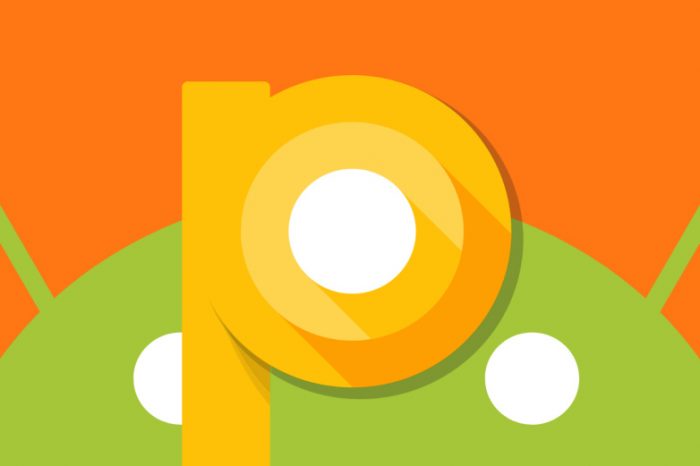
Google To Work with Manufacturers to Speed Up Android P Update Process
- Google released a roadmap to detail how the company seeks to solve its slow update rollout process.
- Google is actively trying to involve as many devices as possible into Project Treble to ensure devices get Android updates in time.
- The tech giant has partnered with hardware manufacturers to help devices with older silicon get access to updates.
As Android continues to evolve with each update, the underlying problem of devices not receiving updates in time continues to prevail. Google announced a roadmap of how the tech giant is going to solve the problem of delayed or nonexistent updates on most devices starting with Android P.
Ever since the release of Android as a platform, most non-Google branded devices do not get updates in time and only high-end flagships manage to get guaranteed updates most of the time. Google introduced Project Treble last year to help manufacturers push updates to their devices more easily. Google’s efforts continue to show with multiple non-Google devices being made part of the Android P public beta.
Image Courtesy of BGR
Google has included devices from Sony, Xiaomi, Nokia, Oppo, Essential, OnePlus and Vivo as part of the Android P testing process so developers and early adopters can use the new version of Android and offer feedback. Project Treble was launched as part of Android Oreo and Google is trying to improve it even further by partnering with silicon manufacturers and device manufacturers.
Google revealed that it seeks to continue its collaboration with silicon manufacturers, which is where the journey of making an Android device begins. The tech giant wants to ensure the Board Support Package, and the Android Open Source Project is always available to all silicon manufacturers, and the frameworks are open enough to allow manufacturers to implement their components.
Google has started working with Qualcomm, MediaTek and Samsung SLSI to co-develop BSPs, with Android P being the first version the companies work together on. The BSPs for Android P is set to be completed on a much faster schedule, reducing the effort on the part of SoC manufacturers greatly. This move should allow the device manufacturers to push out Android updates faster than ever before.







